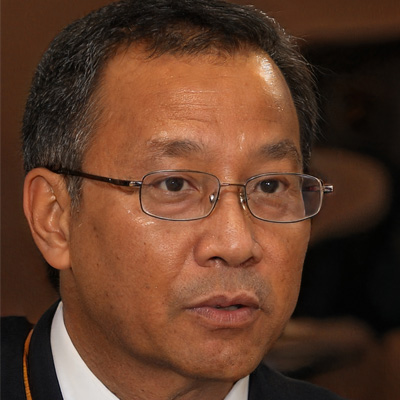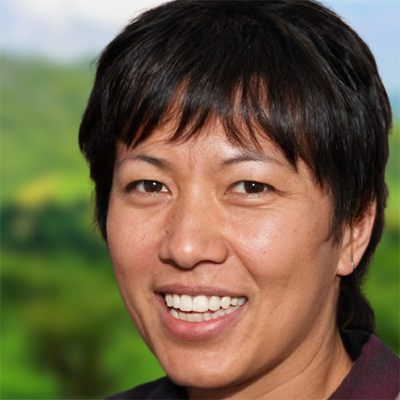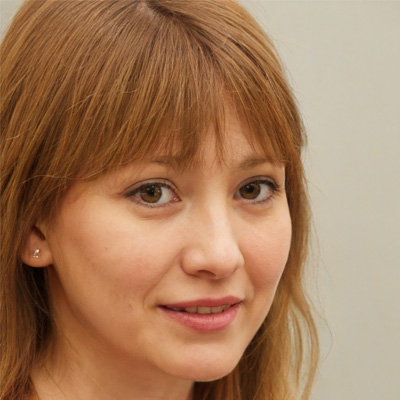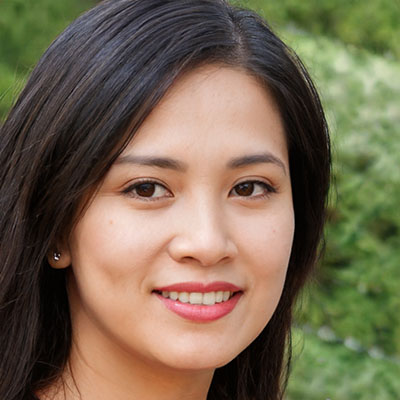

Master's in Japanese Linguistics
I have been teaching Japanese language for nearly 30 years. I am very interested in how the Japanese language has changed and developed throughout history. I can use my knowledge to teach students about Japanese grammar, syntax, and vocabulary from a historical perspective. I can explain not only how these aspects work, but also why they developed that way.
I often use the history of the Japanese language in my classes. By learning about the origins and causes of language changes, students can better understand modern Japanese. We study old writings, examine how language has changed over time, and learn about the factors that have influenced the modern Japanese language.Learning should be fun! Our lessons will be interactive, incorporating language games, role-playing, and multimedia resources. By keeping the lessons engaging, you'll find it easier to retain and apply what you learn.
Yeung has a lot of patience and is nice. Grammar has been hard for me, and she does a great job of carefully going over those things in the lessons.
While the historical details are intriguing, I found myself struggling with basic conversation. The approach might not be for everyone.
Yeung’s lessons are always well organized and planned, and she is a great teacher who can always make things clear. She is also very understanding about my busy schedule, which means I have to reschedule lessons sometimes at the last minute, which I really value.

Master's in East Asian Studies
I started learning Japanese when I was in my early twenties because I went to Japan for a research project. For the past 25 years, I have focused on teaching this wonderful language. I've noticed that students learn languages better when they know about the culture. I include cultural aspects in my teaching approach.
I combine language learning with lessons about culture. As we learn about language, I make sure students also learn about Japanese traditions, festivals, and everyday life situations. In this way, students are not only talking the language but also experiencing it. I think that when you truly understand a culture, the language becomes a part of you.
It has been a pleasure to learn Japanese with Poon Tung's kind help. He has helped me feel more comfortable speaking in public and has been very helpful in teaching me new words.
His methods are helpful, but the cultural asides can get in the way of learning the language itself sometimes. Focusing on more than one thing would help.

Master's in Japanese Cultural Studies
In my career, I have learned a lot about both the language and culture of Japan. I have spent a long time studying and teaching about the customs, traditions, festivals, and daily life in Japan. I think this way of learning gives a better understanding of the language.
I include aspects of Japanese culture in every lesson. I enjoy using real-life examples that are relevant to students' culture when teaching verbs or complex sentence structures. This method helps people remember the language and learn how to use it in different cultural situations. Becoming proficient in Japanese means being able to use it effectively in real-world situations. Our focus will extend beyond textbooks to practical scenarios like ordering at a restaurant, planning travel, or conducting business in Japanese. This ensures that your language skills are not only academically sound but also highly practical and applicable to your daily life.
Even though I've only had two lessons with Yeung Lai, I already know that I will suggest her to everyone!! She is very helpful, and I learned a lot of new words and language from her. It's easy to get Yeung to explain what you want to say or know because she is very nice and speaks English very well.
The cultural insights are interesting but sometimes I feel we stray too far from language fundamentals.
I had a few lessons with Yeung, and I can say without a doubt that she is one of the smartest and most committed teachers I've ever met.I feel more comfortable speaking and writing Japanese now that I've taken so many classes that were very helpful. She really is amazing.

Master's in Modern Japanese Literature
I have spent fifteen years in the field of Japanese literature and language, and it has been very fulfilling for me. At first, I was interested in the engaging stories written by modern Japanese authors. But then, I understood that the language used in these stories is also very important. This made me combine my love for books with teaching Japanese, so that students can understand it well.
I use a structured approach to teach language, but I also expose students to parts of modern Japanese literature. I think this helps them see the language in a different way, which makes it easier to understand. Every lesson is designed to improve vocabulary, grammar, and also help you appreciate the depth and beauty of Japanese expressions in literature. I also focus on the speaking skills of students and make sure they get better at both written and spoken Japanese.
Very patient and a great teacher. He makes you feel at ease and doesn't talk too fast like a college tutor would. He keeps you company and makes sure you learn everyday Japanese that you can use.
I personally felt like the literary pieces were too much for me. I was looking for more direct language lessons. It sometimes get very tiring and stressful to keep up with the class
It's refreshing to learn a language through its literature. Each class leaves me more curious and hungry for more.

Master's in Multimedia and Communication
I became interested in Japanese when I worked on a project with Japanese people during my time in college. We had to talk to them a lot. This made me want to study the language more thoroughly. In my seven years as a tutor, I have helped students from different backgrounds learn the Japanese language for their school and work projects.
I teach Japanese in a different way than the usual curriculum. Because of my experience, I use things like movies, music, and interactive platforms to make the lessons more relatable and interactive. I want my students to learn the language and also understand the rhythm and emotion behind the words and sentences, so they have a deeper understanding.
Every class feels like a mini cultural event. I've not only learned the language but also have grown to love Japanese movies and songs.